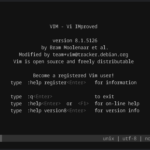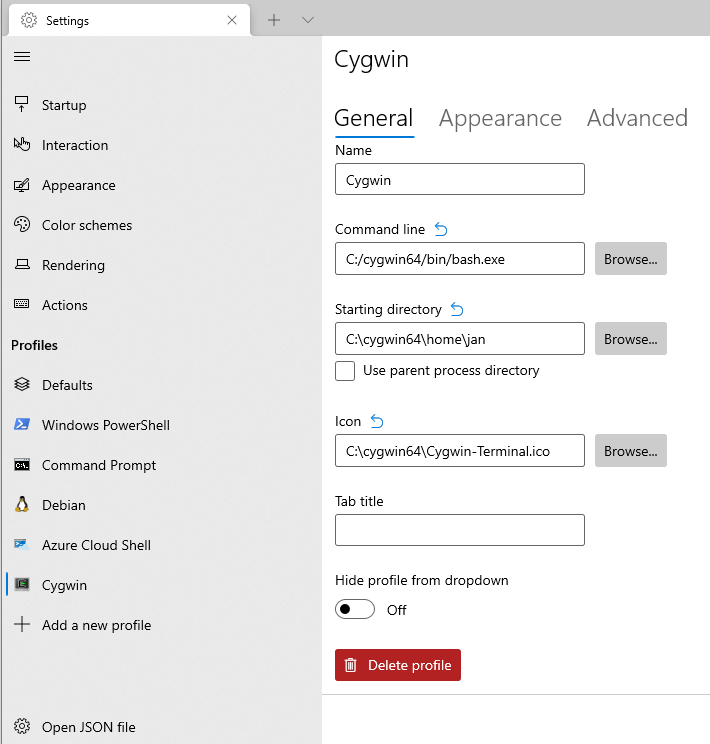I’ve been on a bit of a Jonathan Franzen bender lately. I frequently write about him on my other site. The kickstart for all this was a book club meeting about Crossroads for which I not only read the book, but also watched and read a dozen or so Franzen interviews. Older and newer interviews.
What really struck a chord with me was not so much the specific Crossroads discussions in these interviews, but the things Franzen says about reading and literature in general.
And I noticed similarities in interviews that are sometimes decades apart.
I created a supercut video of two specific Franzen interviews that are 20 years apart. In this video a younger and older Franzen talks about reading, literature and love. See if you can spot the commonalities.
David Foster Wallace kicks off the video (who else?). If you didn’t already know that Franzen and Wallace were friends you can tell by just watching them converse. It’s a delight.
In the YouTube description I also link to the two original videos, which are much broader and interesting in their own right (do watch them!) but this supercut specifically highlights ideas Franzen has about reading and literature.
Here is a list of questions (one of these is rhetorical*). The questions serve partly as a videoguide as they are answered in the video. But you can also try and discuss them beforehand, or even after watching the video (e.g. for your own book club).
Questions
- What good is reading anyway? Why read?
- What does Wallace say about it, what did Franzen’s mother say about it (fiction)?
- What are we missing nowadays (according to Wallace)?
- Are people that read “a priori not of the mainstream”? How do you feel about that?
- Do you have examples of a text where: the more you look at it, the more you find in it?
- Should reading be entertaining, what does ‘entertainment’ mean?
- What is the only driver of change (according to Franzen)? Do you agree or not (if so why)?
- What should come first in literature (according to Franzen)?
- How does this match up with what Wallace says about this?
- Will the power of technology be so strong that fewer people will able to find a private space in which to develop a relationship with books?
- What is love other than pleasure in the company of?*
The video ends with 2016 Franzen making remarks about technology. Remarks that perfectly tie in to what Wallace — in 1996 — says at the beginning of the video about the influence of technology on reading.
Here is the video:


